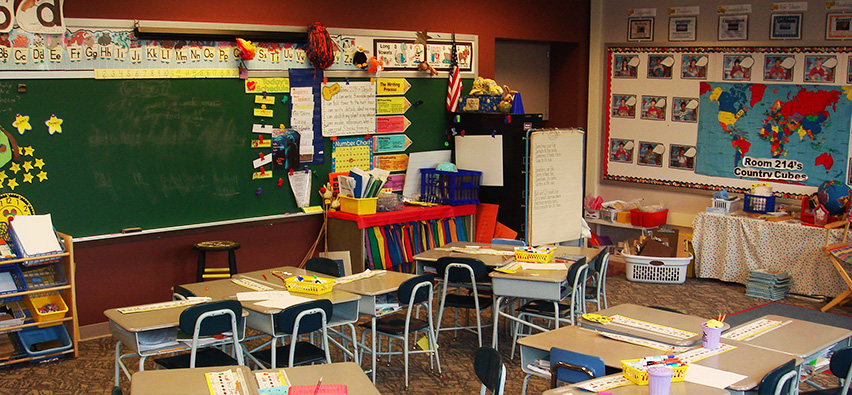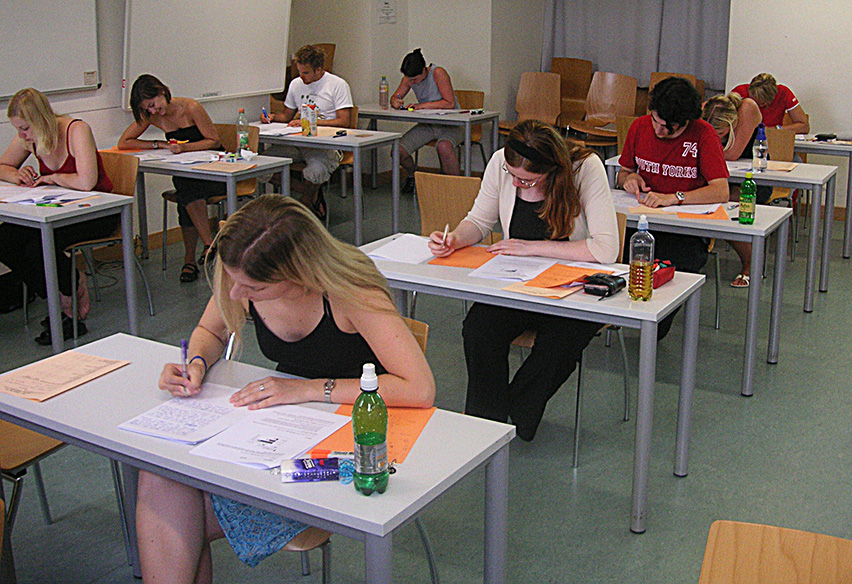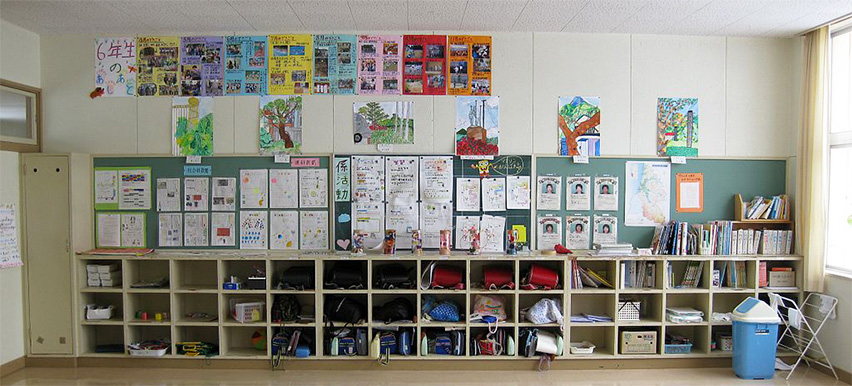Introducing the Fling – An Innovative Serious Game to Train Behavioral Control in Adolescents: Protocol of a Randomized Controlled Trial
Behavioral control weaknesses are a strong predictor of problematic behaviors in adolescents, such as heavy alcohol use. Heavy alcohol use at this young age can lead to health and school-related problems and is a severe societal problem.
A Bildung-psychological investigation into student motives: McKinsey- or von Humboldt-oriented?
This study examined differential student motives among students from a social sciences bachelor’s degree, and whether this difference related to participating in educational programmes for broader intellectual formation (Bildung). Survey research was conducted among 432 Dutch students (79.5% female), ranging in age from 17 to 32 years (Mage = 21.12, SD = 2.08).
Fostering pupils’ lifelong learning competencies in the classroom: evaluation of a training programme using a multivariate multilevel growth curve approach
Evidence-based interventions to promote lifelong learning are needed not only in continuing education but also in schools, which lay important cornerstones for lifelong learning.
Promotion of students’ mastery goal orientations: does TARGET work?
Achievement goal orientations are important for students’ ongoing motivation. Students with a mastery goal orientation show the most advantageous achievement and motivational patterns. Much research has been conducted to identify classroom structures which promote students’ mastery goal orientation.
Who are the Job Seekers? Unemployment among Doctoral Recipients
Despite increased attention for doctoral education in recent years, one particular phenomenon has received little attention—the unemployment of doctoral candidates following graduation.
Lifelong Learning as a goal – Do autonomy and self-regulation in school result in well prepared pupils?
Fostering lifelong learning (LLL) is a topic of high relevance for current educational policy. School lays the cornerstone for the key components of LLL, specifically persistent motivation to learn and self-regulated learning behavior. The present study investigated the impact of classroom instruction variables on concrete determinants for these LLL components.







